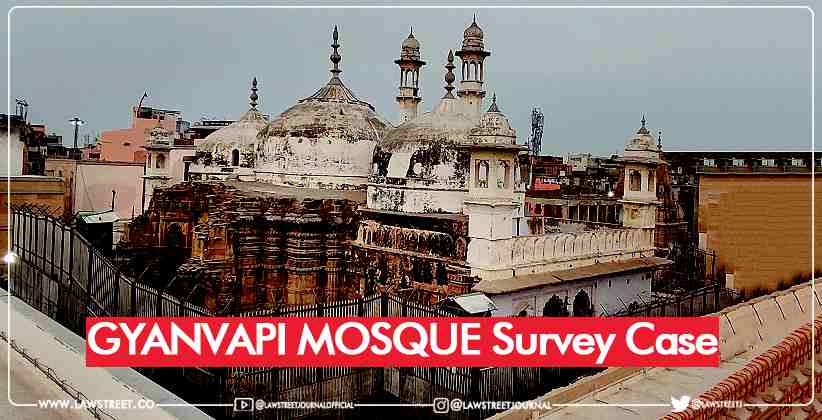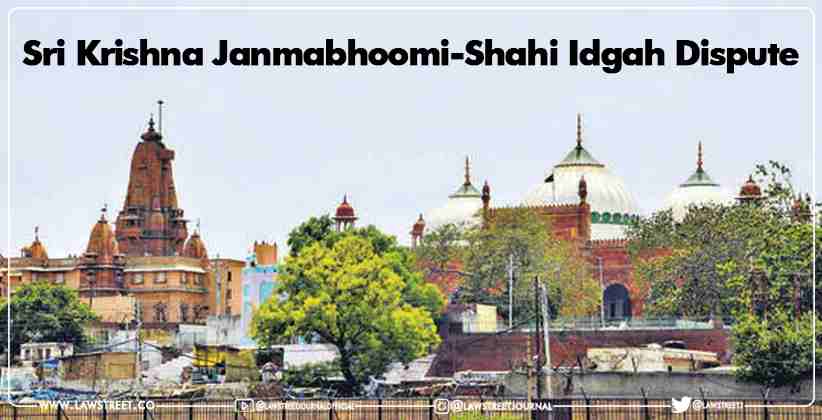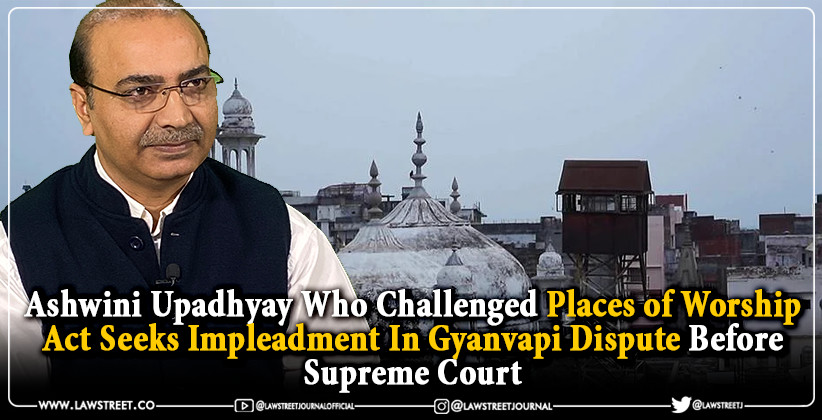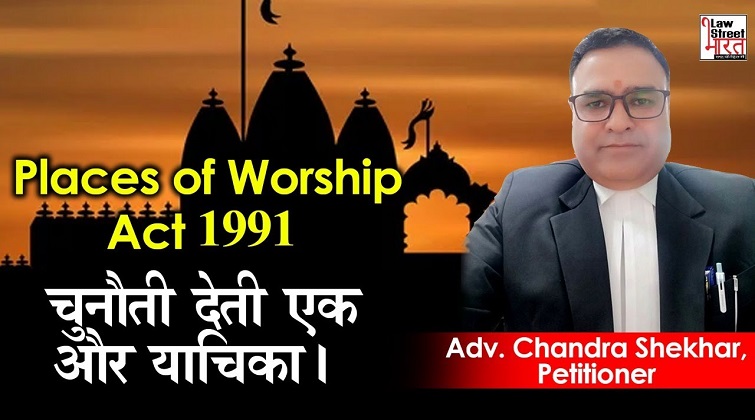NEW DELHI: In a fresh development, Congress party on Thursday filed an intervention application in the Supreme Court to oppose the petitions challenging validity of the Places of Worship (Special Provisions) Act, 1991, contending that the law was essential to safeguard secularism in India.
By the application, the party sought to make "crucial submissions" that support the outright dismissal of the petition filed by advocate Ashwini Kumar Upadhyay and others.
The party also maintained that the law was not in contravention of any fundamental rights enumerated in part III of the Constitution.
"To the contrary, the POWA actualises the right to freedom of religion and principles of secularism enshrined in Articles 25, 26, 27 and 28 of the Constitution," it said.
The party also stated the law was essential in order to allow for communal harmony and to promote cordial relations amongst all communities in the country.
The main opposition party said the law was enacted by the Parliament, as it reflected the mandate of the Indian populace.
"In fact, the POWA had been envisaged prior to the year 1991 and the same was made a part of the applicant’s then election manifesto for the Parliamentary elections," it said.
Also Read: Gyanvapi mosque committee seeks intervention in pleas against 1991 Act
The 1991 law was enacted by the P V Narasimha Rao government at the height of Ram temple movement. The law was meant to protect status of religious places as existed on August 15, 1947.
In its plea, the party claimed the law was essential to safeguard secularism in India and the present challenge appeared to be a motivated and malicious attempt to undermine established principles of secularism.
"Any alterations to it could jeopardise India's communal harmony and secular fabric thereby threatening the sovereignty and integrity of the nation," the party said in its application.
Also Read: SC restrains courts from entertaining fresh suits or passing effective orders on religious places
The Supreme Court had on December 12, 2024 had restrained all courts from entertaining fresh suits and also from passing any interim or final orders in pending cases seeking to reclaim religious places.
The apex court passed the order on petitions filed by NGOs Jamiat Ulama-I-Hind and All India Muslim Personal Law Board for implementation of the 1991 law.
A batch of petitions, including the lead one filed by lawyer Upadhyay, questioned validity of various provisions of the Places of Worship (Special Provisions) Act, 1991.















